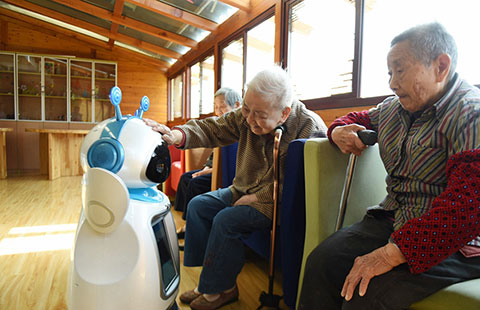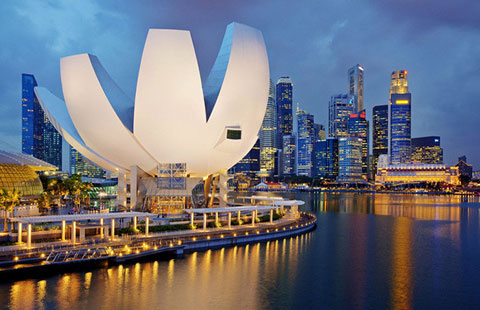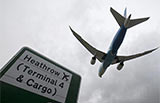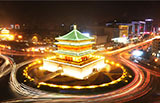Railway route to be key conduit
By YANG ZIMAN/YUAN HUI (China Daily) Updated: 2016-05-24 13:02Cargos from 47 Chinese cities and regions will be exported to Russia and to other countries in middle and eastern Europe through the newly opened Chifeng-Manzhouli-Europe railway route.
The first train on the route set off from the Chifeng Bonded Logistics Center, Inner Mongolia autonomous region, on May 17, bound for Russia.
It carried 1,100 tons of lysine, widely used as feed supplement for poultry, swine and other livestock and is also used in pharmaceuticals, dietary supplements and cosmetics.
Trains with speeds up to 120 kilometers per hour will set off regularly on the railway line, cutting traveling time by 15 days compared with sea transportation, according to an official from Manzhouli Customs.
Fan Yefeng, general manager of Manzhouli Yilituo Logistics Ltd, said that in view of Manzhouli's geographical advantages, his company is trying to build a comprehensive trading platform for exporting electromechanical devices, petroleum equipment and auto parts and importing grain, oil products, flour and water.
"These railway lines will provide us a broader perspective, with an expected business volume reaching 500 million yuan ($76.4 million) in the coming five years," he said.
"Today we have seen Russian grain and oil products entering some of Beijing's supermarkets. Maybe next year you can easily get water from Baikal Lake, bread made of Russian flour and Russian cooking oil at stalls next to the subway station," Fan added.
Manzhouli is a hub for China's inland railway network that extends into west Siberia in Russia. On the border, it is also China's biggest inland port to that country.
From 2011 to 2014, the city had total freight exchange volumes of nearly 300 million tons, of which about 70 percent comprised trade between China and Russia.
In the first three months, Manzhouli saw 220 cross-border trains with 12,995 standard containers.
- China figures among Britain's top 10 most valuable inbound tourism markets
- China unveils three-year program for artificial intelligence growth
- Chinese exporters seek "plan B" amid headwinds
- China beefs up support for lackluster manufacturing sector
- China to issue 3b-yuan govt bonds in London
- Chinese vice premier urges poverty relief via industrial development
- China's Shenzhen to invest $200m in western Indonesia
- Huawei presents ICT Road Show in Madrid

















